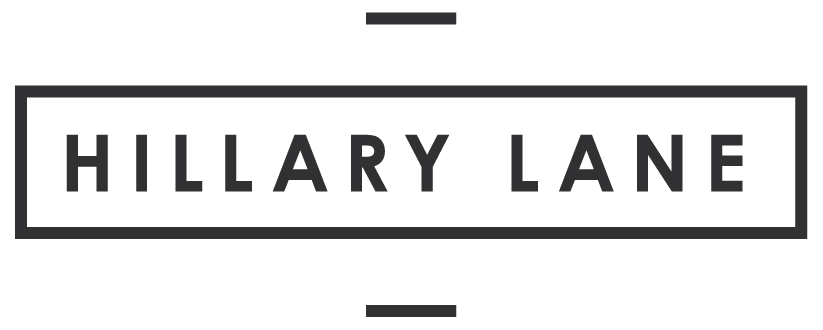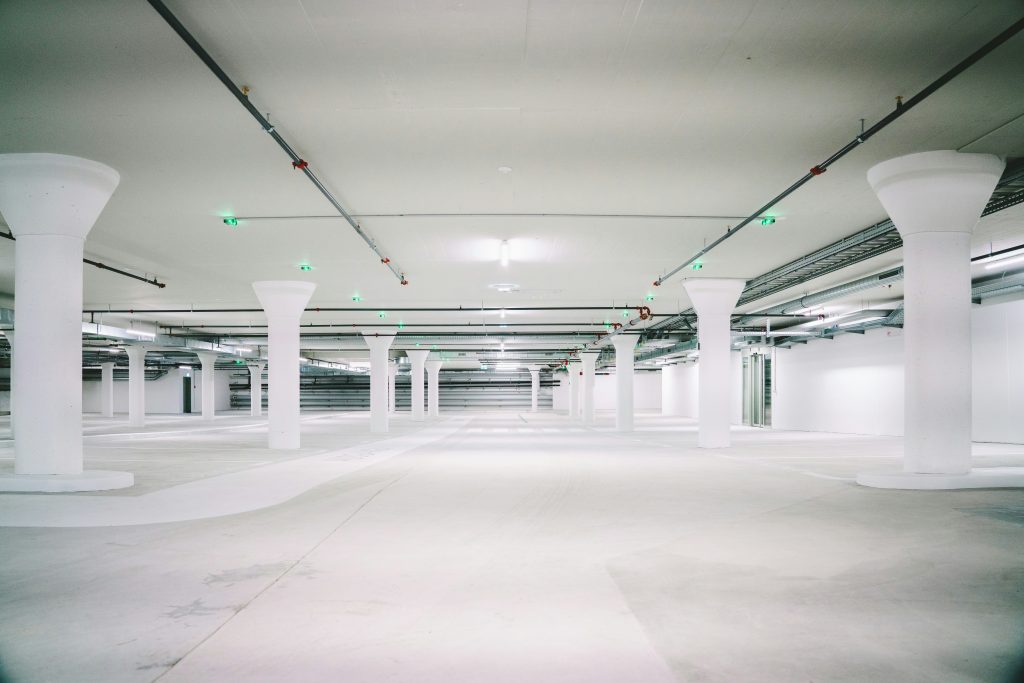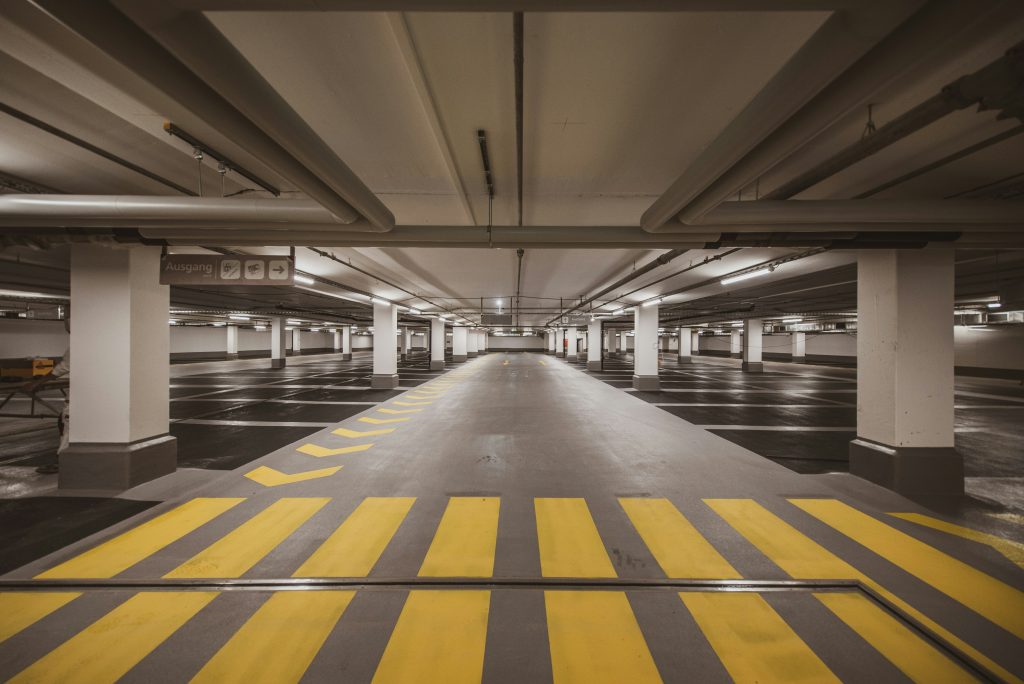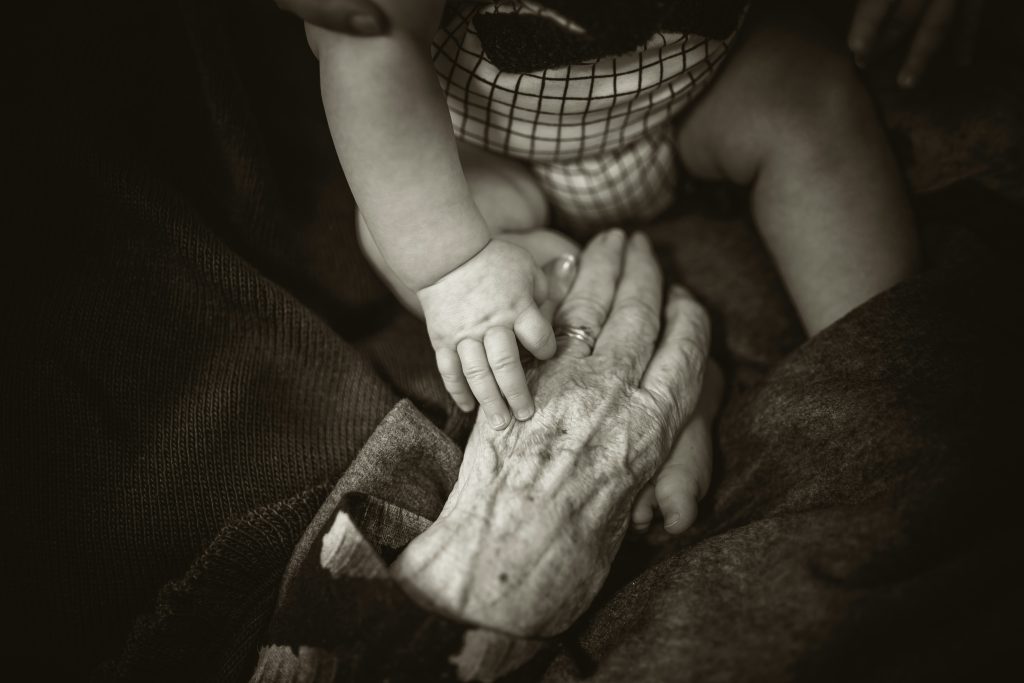It seems politicians are often introducing taxes and regulations to address the housing shortage that don’t really pan out as we’d hope. However, one move that might make a difference is the Toronto vacant home tax. Here I look at what the vacant tax is and who will have to pay it.
What is the Toronto Vacant Home Tax?
The new tax applies to homes sitting unoccupied for more than six months of the year. It does not apply to principal homes. The goal is to reduce the appeal of holding onto residential property as an investment without offering it for rent or sale.
Why is the Tax Necessary?
The tax could increase the availability of housing in Toronto. Right now, vacant property owners hold onto their empty properties to watch the property values rise. This reduces inventory, contributing to the value of the properties. As a result, it contributes to, but is not the sole reason for rising housing prices. However, it also reduces the number of homes available for rent, which in turn contributes to rising rents in the city. The tax could encourage more investors to either sell or rent their vacant residential investment properties.
What is the Vacant Home Tax Rate?
The tax rate is 1% of the property’s current value assessment (CVA) for the year the taxes are owed. While this might sound low, when you consider the average housing price in Toronto sits at $1,254,400, vacant homeowners can owe up to $12,500 or more in taxes in 2023. As housing values rise, so too will the rate owed. However, foreign, non-resident investors are also subject to a 1% federal tax. This would bring their taxes upwards of $25,000 annually.
Who Has to Pay the Vacant Home Tax?
According to the city, your home is considered vacant if it is not your principal residence and it sits empty for more than six months of the year. There are some exemptions, including:
- The registered owner has died
- Redevelopment or major renovation of the property
- The owner is receiving medical care
- The property is restricted or prohibited from occupation or rental
- The property ownership was transferred during the tax year
- Court order
So, fear not snowbirds, the tax does not apply to you!
How the Vacant Home Tax Works
It’s up to the property owner to declare their home vacant each year. There will be fines applied if a property is not declared and investigation shows the home is vacant. It’s estimated the city will spend as much as $5 million on tax administration and investigation of undeclared vacant homes. The first round of taxes will apply to 2022, making them payable in 2023.
Desired Outcomes of the Vacant Home Tax
The city hopes to earn between $55 to $66 million from vacant home taxes each year. As mentioned above, although it will cost an estimated $5 million to administer and undergo investigations to find undeclared properties, this still leaves a sizeable investment to help fund affordable housing plans. As well, property owners wanting to avoid the tax might decide to either sell or rent the property. This contributes to inventory which can help bring rent and housing prices down.
If you’re interested in learning more about affordable housing options in Toronto, I am here to help. Let’s chat about how you can reach your goals of home ownership. If you want to know about other regulations coming to help with the housing shortage click here to read more.
Photo by Aaron Huber on Unsplash






